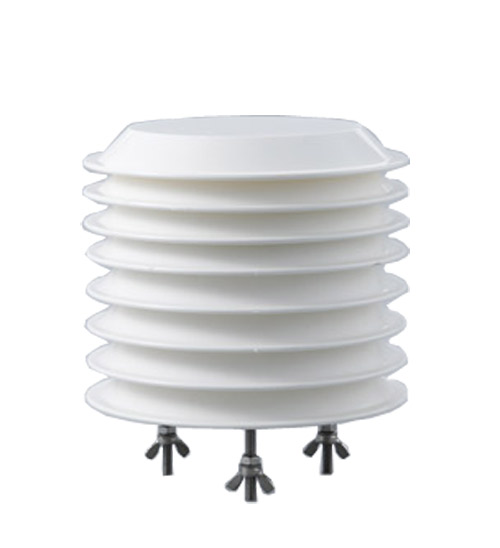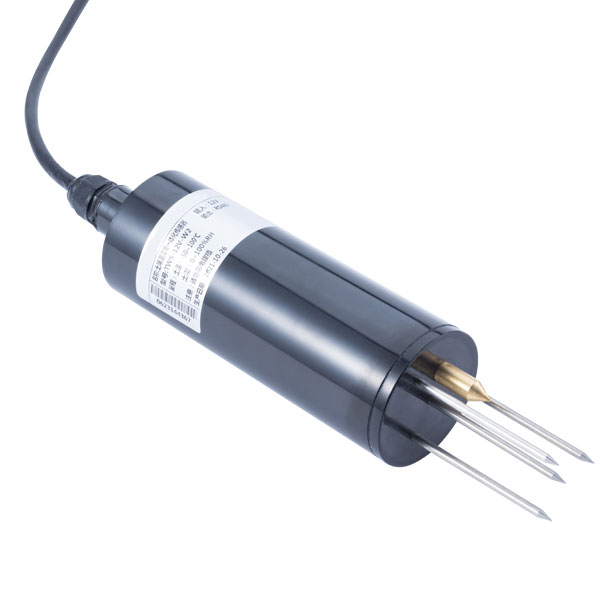

— Blogs —
—Products—
 Consumer hotline +8618073152920
Consumer hotline +8618073152920 WhatsApp:+8615367865107
Address:Room 102, District D, Houhu Industrial Park, Yuelu District, Changsha City, Hunan Province, China
Product knowledge
Time:2021-11-28 22:27:47 Popularity:1219
4 differences between industrial routers and routers
Generally speaking, 4G industrial routers are suitable for public areas, such as vending machines, lottery machines, coupon printing machines, advertising machines, smart express boxes, etc.
This article compares 4G industrial routers with ordinary 4G routers from four aspects through a simple comparison of 4G application environments.
Industrial 4G routers are slightly different from ordinary 4G routers:
1. The various components used in 4G routers, from the main control chip to the PCB board to the housing, do not conform to industrial standards, and these components cannot be called industrial standards.
It can adapt to the harsh environment of various industrial control industries. The 4G industrial router has good high and low temperature resistance and can meet the requirements of industrial-grade products.
2. The second difference between industrial 4G routers and ordinary 4G routers is the operating temperature.
The requirements of 4G industrial routers for operating temperature are actually the requirements of components.
Generally, the operating temperature range of 4G industrial routers is -35~75℃, and the operating temperature of 4G civilian routers is -10~60℃, which can generally meet the requirements of indoor temperature. So it is not suitable for harsh industrial environment. The same is true even in outdoor public places in winter.
3. There are three major differences between industrial-grade 4G routers and ordinary 4G routers: different functions.
In the industrial control industry, 4G industrial-grade routers are widely used.
Not only requires wide-area and fast response capabilities, but also requires port mapping, VPN, watchdog, and a stronger anti-static firewall, while ordinary 4G routers can only access the Internet.
4. The main difference between industrial-grade 4G routers and ordinary 4G routers is: stability;
General 4G routers cannot meet the high stability requirements of 4G industrial routers. When the network fails, they need long time trouble-free work and automatic recovery.
Ordinary 4G routers cannot work normally for a long time, and it is easy to disconnect the network if it rains or snows. After a period of normal operation, failures are prone to occur.
Prev:The following 10 major differences between 4G industrial routers and traditional home routers
Next:What is the RS-485 interface? Compared with the RS-232-C interface, what are its characteristics?
Sensors & Weather Stations Catalog
Agriculture Sensors and Weather Stations Catalog-NiuBoL.pdf
Weather Stations Catalog-NiuBoL.pdf
Related recommendations
Related products
 Atmospheric Temperature Humidity Pr···
Atmospheric Temperature Humidity Pr··· Soil Temperature Moisture Sensor 4-···
Soil Temperature Moisture Sensor 4-··· Air temperature, humidity and atmos···
Air temperature, humidity and atmos···
Screenshot, WhatsApp to identify the QR code
WhatsApp number:+8615367865107
(Click on WhatsApp to copy and add friends)